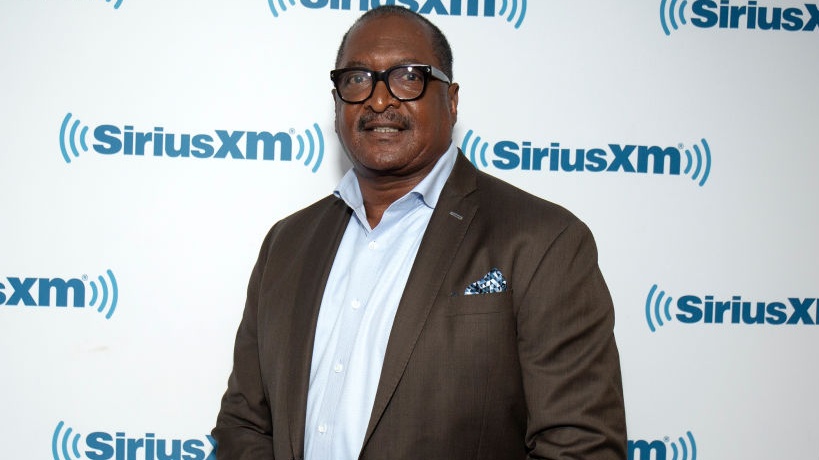Mathew Knowles revealed Wednesday that he was diagnosed with breast cancer in July.
The music mogul and father to Beyoncé and Solange Knowles is battling stage 1A breast cancer.
He sat down with Good Morning America’s Michael Strahan on Wednesday to recount how he had discovered his diagnosis. The 67-year-old recounted three incidents of seeing a dot of blood on his t-shirt. He said he didn't think much of the first two instances.
“A couple of days passed, and I didn’t have any type of discharge. Then on the fifth day, another, just a tiny drop of blood. I told my wife, I said, ‘Look at this,'” Knowles said.
His wife, Gena Charmaine Avery, then informed him that she had also seen a spot of blood on the bed sheets. He immediately went to the doctor. At first, Knowles didn’t think it was breast cancer but figured he should get a mammogram just in case.
The record executive received a smear, which came back inconclusive. The diagnosis was confirmed once a mammogram, ultrasound and needle biopsy were done.
His family was among the first to know.
“The first calls I made were to my kids, and my former wife, Tina. My wife, Gena, already knew; she went with me to the exam,” Knowles said.
Knowles had surgery during the last week of July and said he's now doing "very well."
The Destiny Child’s manager has a family history of breast cancer, and tests revealed he has a mutation in his BRCA2 gene — making him genetically more susceptible to breast, pancreatic and prostate cancer as well as melanoma. His children got tested for the gene once they learned of their father's diagnosis.
He told Strahan that the risk of breast cancer caught his attention, more so than it might come across others’ minds, because he used to work selling Xeroradiography, forcing him to learn certain terminology. Xeroradiography was the leading cause of breast cancer at the time Knowles was working for Xerox.
Knowles is now hoping his story will inspire others.
“I want to continue the dialogue on awareness and early detection — male or female. The key to this is early detection.”
He is urging other men who have battled breast cancer to speak out and asserts the diagnosis is nothing to be embarrassed about.
